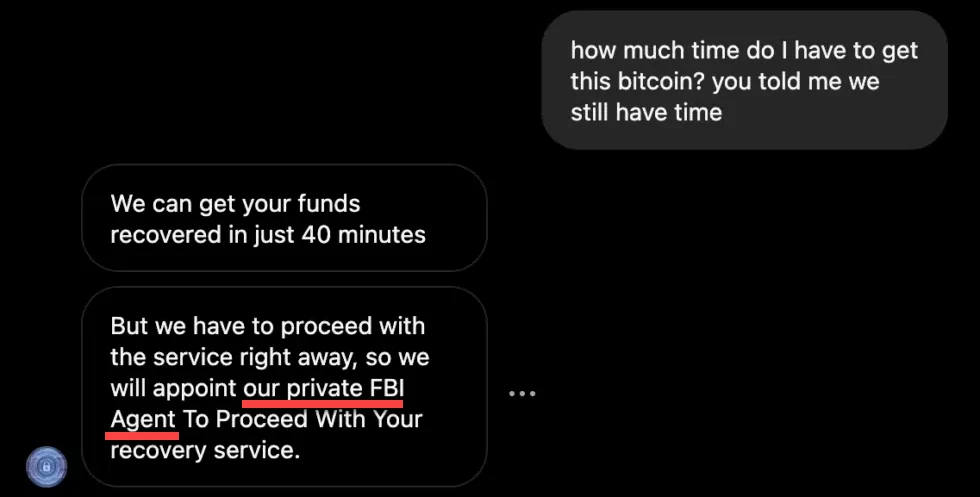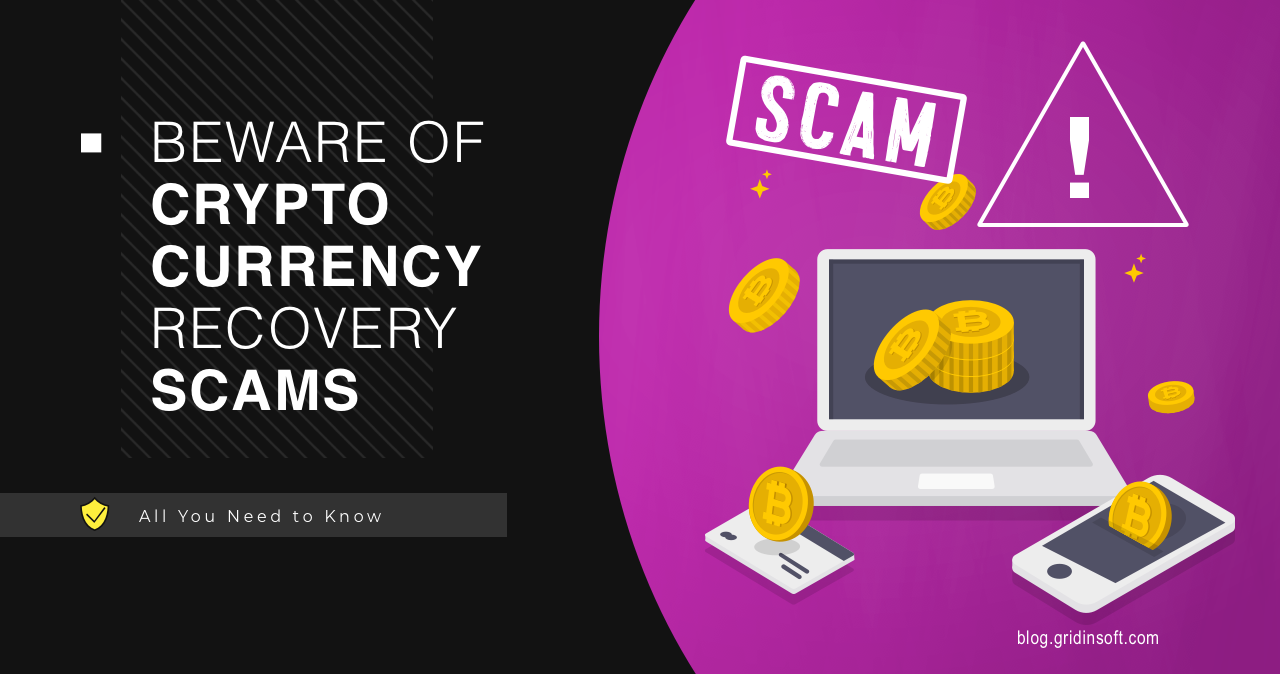Recently, the FBI reported increased scammers posing as companies offering to recover stolen cryptocurrency funds. These cunning intruders assure victims of cryptocurrency investment scams that they can retrieve their funds.
Cryptocurrency recovery scams
According to the same FBI report, losses from cryptocurrency investment scams officially exceeded $2.5 billion in 2022. However, this is not the final figure, as there are also malicious software, phishing attacks, and other effective methods to deprive users of their assets. Unfortunately, not everyone knows and follows the correct course of action. Instead of contacting authorities, and sometimes in addition to that, victims try their best to solve the problem themselves.
Of course, scammers take advantage of this to deceive the victim again. In search of victims, scammers leave messages in the comments section of cryptocurrency-related content. Additionally, they use advertising on social networks or thematic forums. Although social networks are trying to combat such fraud, the results are still questionable.
Red flags of Crypto Recovery Scams
The scam’s modus operandi is quite simple: scammers contact the victim and offer their services for an additional fee. For instance, they may request an advance payment or, under the pretext of expenses for fund recovery, ask for one-time or multiple-time payment for services, justifying it by needing more funds to resolve the issue. In most cases, scammers block the victim after receiving the payment and cease communication. However, sometimes scammers don’t limit themselves to a one-time financial gain. They try to obtain as much information about the victim as possible, including personal and banking details.

To appear more convincing, criminals may claim to cooperate with law enforcement agencies or other legitimate organizations. Understanding that no private organization can issue orders to confiscate stolen digital assets is crucial. Therefore, cryptocurrency exchanges freeze accounts only based on internal processes or in response to a judicial process, and all such claims are false. The only correct course of action in case of an incident is to contact law enforcement agencies, such as through IC3. The victim can also turn to civil court to recover their funds.
Safety tips
Unfortunately, cryptocurrency recovery scams are on the rise, and it’s essential to be aware of the red flags to avoid becoming a victim. Here are some tips on how to prevent cryptocurrency recovery scams:
- Never pay upfront fees. Legitimate cryptocurrency recovery services will never ask you to pay upfront fees. If someone asks you to pay upfront, it’s a scam.
- Be wary of unsolicited offers. If someone contacts you immediately, offering to help you recover your lost cryptocurrency, it’s probably a scam. Legitimate recovery services will not type out to you first.
- Don’t give out your personal information. Usually, scammers ask for your personal information, such as your Social Security Number, bank account information, or cryptocurrency wallet address. Never give out this information to anyone you don’t trust.
- Be suspicious of promises of guaranteed recovery. There is no guarantee that you will be able to recover your lost cryptocurrency. If someone promises you guaranteed recovery, it’s a scam.
- Report scams to the authorities. If you believe you have been the victim of a cryptocurrency recovery scam, the only right thing to do is report it to the authorities. It will help them to track down the scammers and bring them to justice.
Here are some additional tips to help you stay safe from cryptocurrency recovery scams:
- Use strong passwords and two-factor authentication for your cryptocurrency wallets. This will make it more difficult for scammers to access your funds.
- Only invest in cryptocurrency from reputable exchanges. Avoid investing in cryptocurrency from exchanges that you don’t trust.
- Be careful about what links you click on and what emails you open. Phishing is a favorite tool of scammers. They use phishing emails to trick people into giving up their personal information.
- Contact your bank or credit card company immediately if you think you might have been scammed. They may help you stop the scammers from withdrawing more money from your account.
By following these tips, you can help to protect yourself from cryptocurrency recovery scams.

